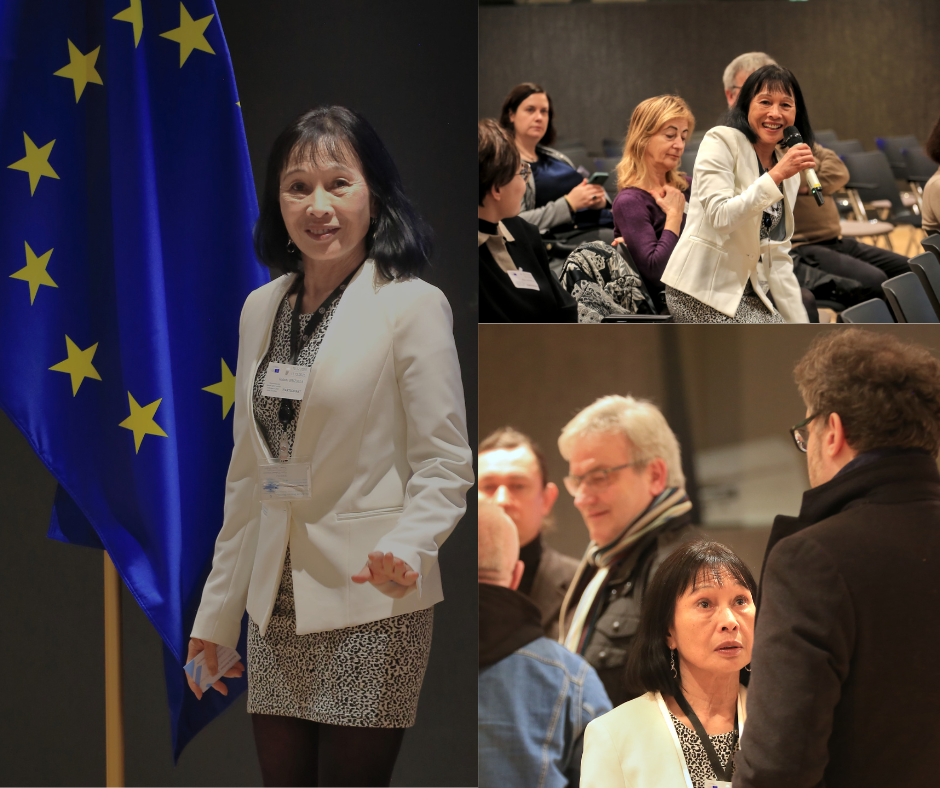We often hear about the importance of kindness: helping others, offering support, and encouraging those around us. What about being on the receiving end? Is asking for kindness or help a sign of weakness or failure? Or is it, instead, a sign of self-awareness and determination?
I believe that when people ask for help, they acknowledge their limits and show a willingness to learn, grow, and improve. Seeking advice, assistance, or mentorship can save time and resources, prevent unnecessary mistakes, and open us to new perspectives. Asking for help, whether in our careers or personal lives, is not only acceptable, it’s wise. No one succeeds entirely on their own. Every achievement is shaped, in some way, by guidance, support, and shared knowledge, even if that help remains unseen.
Progress in any field is often the result of collaboration, cooperation, and mutual support. Asking questions, learning from those with more experience, or accepting help during difficult moments allows us to move forward with more confidence and humility. Many people are willing to help; sometimes they are simply waiting to be asked.
I’ve seen this courage to ask firsthand. In France, NGO workers, who’re immaculately polite and relentlessly cheerful, stop strangers in the street to ask for donations for charitable and environmental causes. Watching them, I’ve wondered whether the confidence to ask is culturally conditioned or deeply personal. We tend to applaud this kind of public boldness, yet hesitate when the request is our own.
When I lived in Brisbane, I went door-to-door collecting money for the Australian Red Cross without a second thought. Yet, I’ve never asked a single family member or friend to buy any of my books; doing so makes me uncomfortable. I do know that three of them bought copies without my prompting. I’ve seen authors’ posts on Facebook about selling 50 or even 100 copies to friends and their social networks. It makes me wonder: did those friends buy the books out of genuine interest, or simply out of kindness?
So, how willing are you to ask for support with your professional ambitions or the passions that matter most to you?







